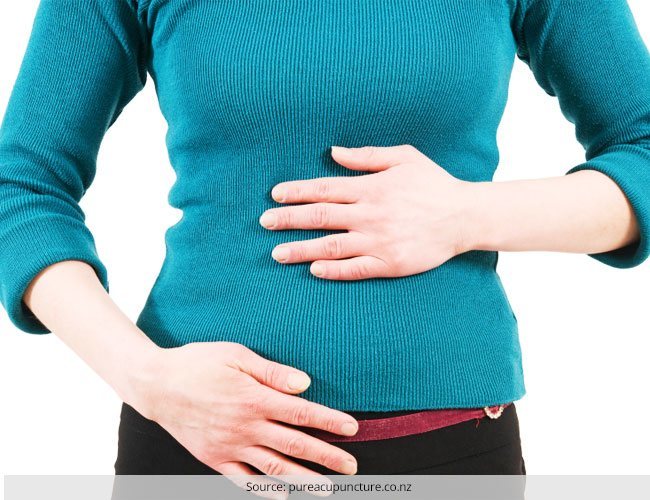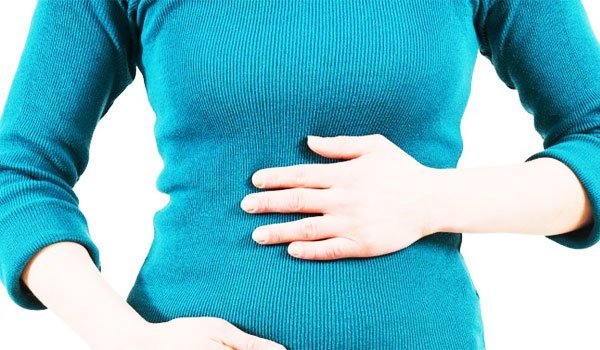
Menstruation is one of the most vital things of a woman’s life. Remember those days of your puberty when you got familiar with the phrase ‘monthly periods’ for the first time. The menopause anxiety may occupy your mind once again if you are in your 40s or even mid-30s and are expecting menopause soon. But before you become completely menopausal, there is another stage called ‘perimenopause’ or ‘around menopause’, which may come with some totally unpredictable symptoms and make you concerned about yourself. This article will talk about what perimenopause is and what various symptoms to this problem are.
What Is Perimenopause?
Perimenopause is basically ‘menopause transition’, which indicates that a woman is going to attain menopause in next few years.
Let us dig a little deeper into the fact.
Perimenopause is a phase of a woman’s life during which she experiences significant hormonal transitions and it eventually leads to permanent absence of menstrual cycle i.e. menopause. When a woman goes through this period, the production of estrogen and progesterone hormones inside her ovaries rises and falls gradually until she turns fully menopausal. This fluctuation of hormonal levels can start 8-10 years earlier than the actual menopause.
[Also Read: Effective Home Remedies for Irregular Periods]

Source: diyhealth.com
What Are The Symptoms of Perimenopause?
According to experts, there is a vast range of symptoms that women can experience during the period of perimenopause. Though not all of them go through all of these, most of them may face quite a few, at a time. Furthermore, the extent of the symptoms may vary from one person to another. However, we have listed perimenopause problems below for your convenience:
- Irregular menstrual cycles (it can be shorter or longer cycles, lighter or heavier bleeding and sometimes even flooding)
- Phantom periods (when there is no menstrual bleeding but you experience all symptoms related to it)
- Hot and cold flashes accompanied by extreme night sweats and an unpleasantly sticky feeling
- Arrhythmia or abnormal heart rhythm
- Agitation or excessive response to any kind of stimulation
- Frequent mood swings including impulsive laughter or tears
- Difficulty in sleeping (partial insomnia), along with night sweats
- Reduced sex drive or even complete loss of libido
- Extreme vaginal dryness
- Crashing fatigue (too much exhaustion and total loss of energy)
- Stress, tension and a general feeling of un-wellness
- Acute depression
- A very strong feeling of fear or impending doom
- Problems with focusing and concentration
- Delirium (a state of mental confusion) and a little disorientation
- Short-term yet serious memory lapses
- Rapid weight gain
- Increased tendency of allergies
- Tenderness in breasts
- Severe tingling sensation
- Burning sensation inside the mouth including the tongue
- Increased frequency of bleeding from gum
- Soft, brittle fingernails
- Pain and tension in muscles and tendons
- Sore joints and sometimes even osteoporosis
- Thinning or loss of hair throughout the body and sudden increase in facial hair
- Itchy or inflamed skin
- Electric shock-like feeling inside the head and under the superficial layer of the skin
- Abnormal changes in body and breath odor
- Gastrointestinal issues like indigestion, abdominal gas, flatulence, etc.
- Nausea, vertigo, light-headedness and repeated loss of balance
- An abrupt increase or decrease in headache
- Unpredictable attacks of bloating
- Urinary incontinence (becomes prominent when you laugh or sneeze)
- Tinnitus (various sounds like ringing, buzzing, etc. in ears)
[sc:mediad]

Source: emptyhousefullmind.com
While some these symptoms may be subtle enough, others may be quite strong. If you feel that some of these are bothering you consistently, get an appointment of your physician and undergo a thorough checkup.
Some Important Facts to Know and Keep In Mind
Now, here are a few very important facts that you should know to get yourself prepared for perimenopause:
- The time duration of perimenopause may be as long as 4 years or as short as a couple of months. You can be sure about the ending of the phase if an entire year passes without making you bleed.
[Also Read: Bloating Remedies]
- Irregular menstruation is one of the most common symptoms of perimenopause. But sometimes, it may be a signal of hormonal imbalances, uterine fibroids, pregnancy or even cancer.
- Perimenopause may cause a considerable decline in fertility, but it doesn’t affect pregnancy.
- Some risk factors associated with perimenopause are family history, habit of smoking, treatment of cancer (chemotherapy, pelvic radiation therapy, etc.), hysterectomy, and so on.

Source: menopausechicks.com
The symptoms caused by peimenopause can be cured through exercises, dietary changes, alternative treatments, hormonal therapy, and so on. However, it is only your doctor who can guide you in the right direction and ease your discomfort efficiently.
